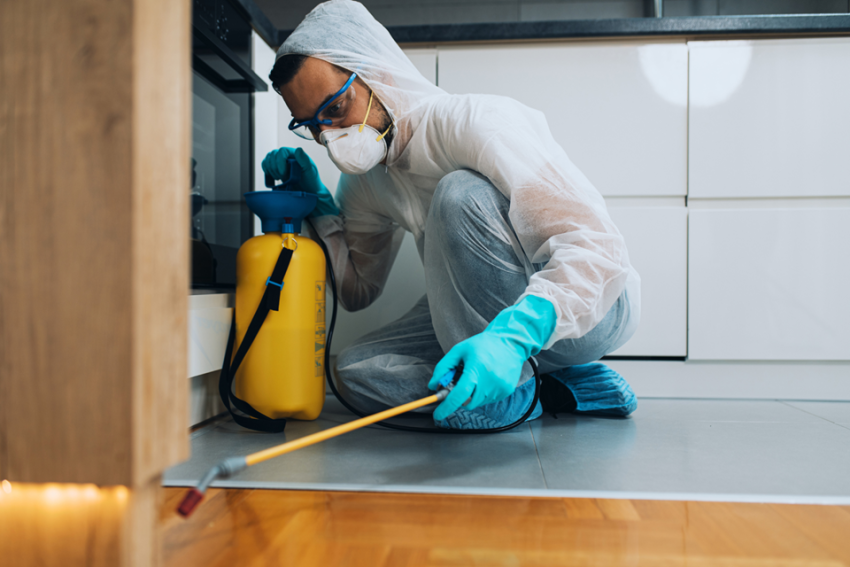Pest infestations can be a major issue in recreational areas, posing health and safety risks for visitors. Whether it’s a park, playground, or beach, these spaces are meant to provide a safe and enjoyable experience for everyone. However, pests like insects and rodents can quickly ruin the fun and cause serious concerns.
In order to maintain the integrity of these recreational areas and ensure the well-being of visitors, it’s crucial to implement safe pest control measures. These methods not only address the problem at hand but also protect the environment and public health.
Prevention is key when it comes to controlling pests in recreational areas. It is important to regularly inspect these spaces for any signs of pest activity, such as droppings or gnaw marks on structures. Cracks and gaps in buildings or playground equipment should be sealed up to prevent entry points for pests. Proper waste management is also essential – garbage cans should be tightly sealed with lids to prevent attracting pests.
Another effective method of pest control is implementing natural predators such as birds or beneficial insects like ladybugs that can help keep pests under control without using harmful chemicals. In addition, planting certain herbs like mint or lavender can help https://www.youtube.com/channel/UCIN_AleVQlNpv5tLrun9tUw repel pests due to their strong scent.
However, there are situations where traditional pesticides may need to be used in order to effectively eliminate infestations that have already taken hold. In these cases, it’s critical that only trained professionals apply pesticides in accordance with safety regulations set by local health departments.
When using chemical pesticides in recreational areas where children may play or families may picnic, special care must be taken so as not to compromise their safety. This includes posting warning signs before applications are made and ensuring proper ventilation after application as well as proper disposal methods afterward.
Organic pest control options are another safe alternative becoming more widely available today which utilize natural-based substances like plant oils rather than toxic chemicals commonly found in commercial-grade insecticides used at traditional locations. Such products are typically available through organic certified suppliers along with accredited pest controllers trained in their use both in-the-field and for over the counter sales.
Ultimately, ensuring safe pest control methods is a collaborative effort between local authorities, recreational area managers, and the public. Visitors should be informed of any ongoing pest control measures being taken to ensure their safety, and they should also do their part by properly disposing of waste and reporting any potential issues to authorities.
In conclusion, safe pest control in recreational areas is essential for preserving the integrity of these spaces and maintaining the safety of visitors.


